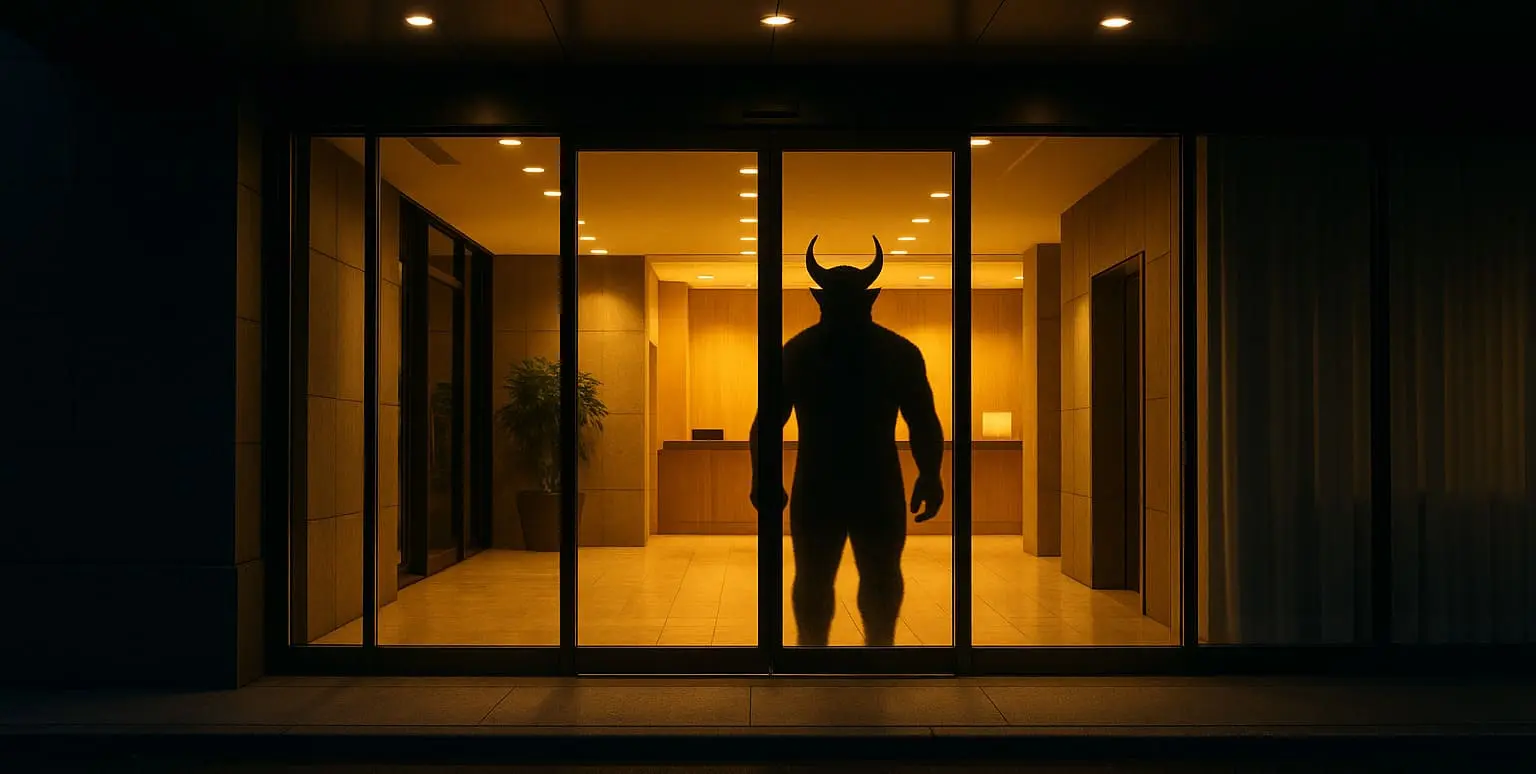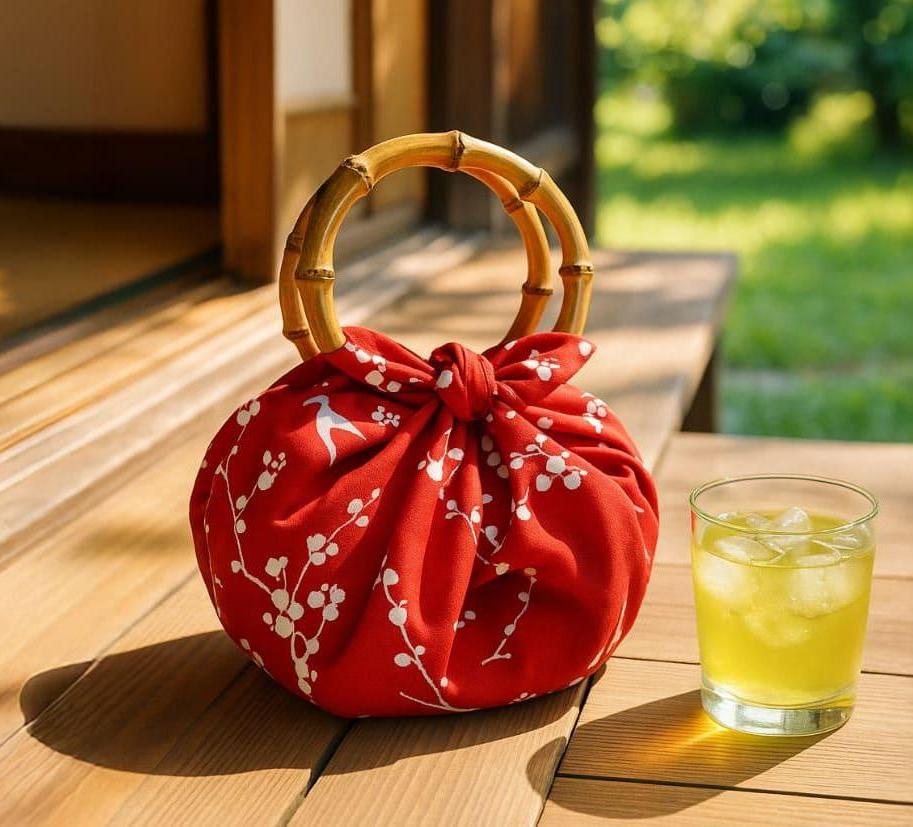Japanese people all carry a memory like this from childhood.
You’re playing tag in the park, completely caught up in the game—
when you suddenly realize it’s gotten dark.
Curfew? Long past.
You tiptoed through the front door…
And there she was.
Not the “it” from the game—
but the real one: an apron-clad figure, eyes blazing, gripping a soup ladle like a weapon.
Now fast forward to the present.
The setting: a hotel in Japan.
Do Japanese hotels actually have a curfew?
The entrance isn’t locked at night.
There’s no guard stopping you.
The lobby clock doesn’t seem to rush you along.
—And yet.
Among travelers, a certain rumor persists:
“I heard you’re not supposed to go out late at night in Japanese hotels.”
So what’s the truth?
Do they have a curfew, or not?
In this article, we’ll take a closer look at the reality behind the rumor—
why that feeling exists, and how to deal with it when staying in Japan.
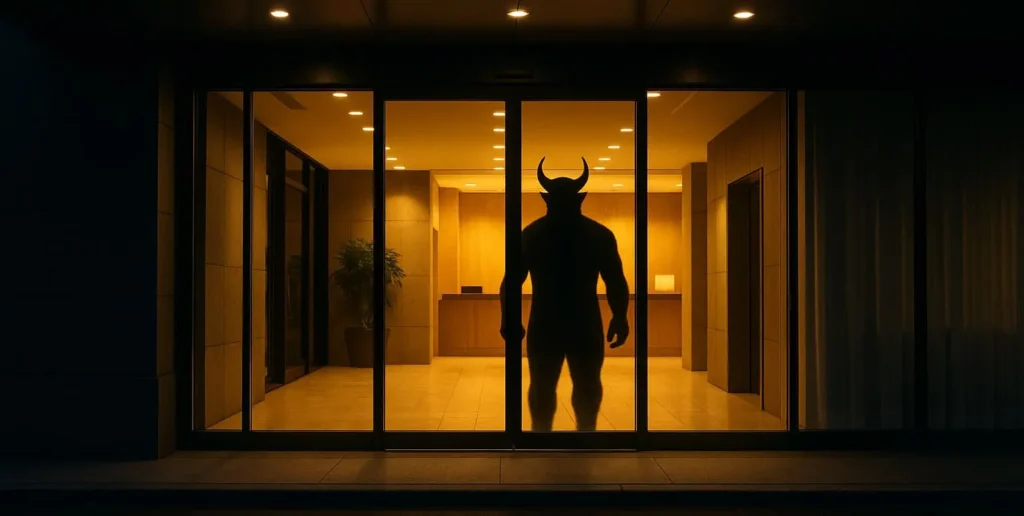
1. Do Japanese Hotels Really Have a Curfew?
Let’s get one thing straight:
Most hotels in Japan do not actually have a curfew.
The front door stays open.
You can come and go freely.
There’s no curfew bell, and no staff scolding you for coming back late.
—And yet, there’s a certain awkwardness in the air.
First, let’s take a look at how that “awkwardness” varies depending on the type of place you stay.
| Type of Accommodation | Freedom to Go Out? | “Curfew Vibe” | Notes |
|---|---|---|---|
| Business Hotel | Completely free | Mild | Staffed 24/7, but you may feel someone’s watching. |
| Ryokan (Traditional Inn) | Sometimes restricted | High | Guests are expected to stay in. Shoes off. Tatami life. |
| Minpaku / Guesthouse | Usually unmanned | Low | No one stops you—but no one welcomes you back either. |
| Capsule Hotel | Limited hours (e.g., baths) | Medium | Quiet and structured—feels more like a facility. |
And here’s the key point:
The “curfew” isn’t a rule. It’s a mood.
No one will stop you.
But still—something makes you feel like you probably shouldn’t go out.
In the next chapter, we’ll take a closer look at what’s behind that feeling.
2. Why Does It Feel Like There’s a Curfew?
Japanese hotels don’t have a curfew—at least, not in any official sense.
In that regard, they’re no different from hotels in the West.
At hotels in Europe or the U.S., going out at night seems to be perfectly normal.
In fact, I’ve heard some travelers say the movement of people at night adds a sense of liveliness—or even security.
But in Japan, for some reason, going out late just feels… awkward.
There are a few commonly cited explanations for this:
- Hotels in Japan are seen as places to rest, not to linger—a matter of purpose.
- The lighting, sound, and atmosphere of the lobby all signal the end of the day—a matter of environment.
- Japanese cities tend to “go to sleep” early—a matter of culture.
Still, I believe there’s something else at play.
What you’re sensing may be part of a deeper, long-standing mindset in Japan:
a quiet reluctance to stand out—to step beyond the invisible lines.
Going out late from a hotel isn’t prohibited,
but it feels like you’re stepping outside the bounds of what’s expected.
No one else does it, so you don’t either. And soon, that becomes the norm.
Some ryokan even discourage guests from going out at night—not just subtly, but sometimes with actual rules or curfews in place, whether for staffing reasons or simply as part of the house rules.
This, too, helps reinforce the idea that “not going out” is simply how things are done.
There’s a Japanese proverb nearly every child is taught at some point:
“The nail that sticks out gets hammered down.”
There’s even a variation:
“If the pheasant hadn’t cried, it wouldn’t have been shot.”
While things are slowly changing, Japan remains a society where blending in is often valued more than standing out—perhaps more so than in most other parts of the world.
But the truth is: no real harm is done by stepping outside quietly at night.
You’re not disturbing anyone. You’re not breaking a rule.
So don’t overthink it.
Yes, be mindful of your surroundings—but if you need to step out, go right ahead.
You’re allowed.
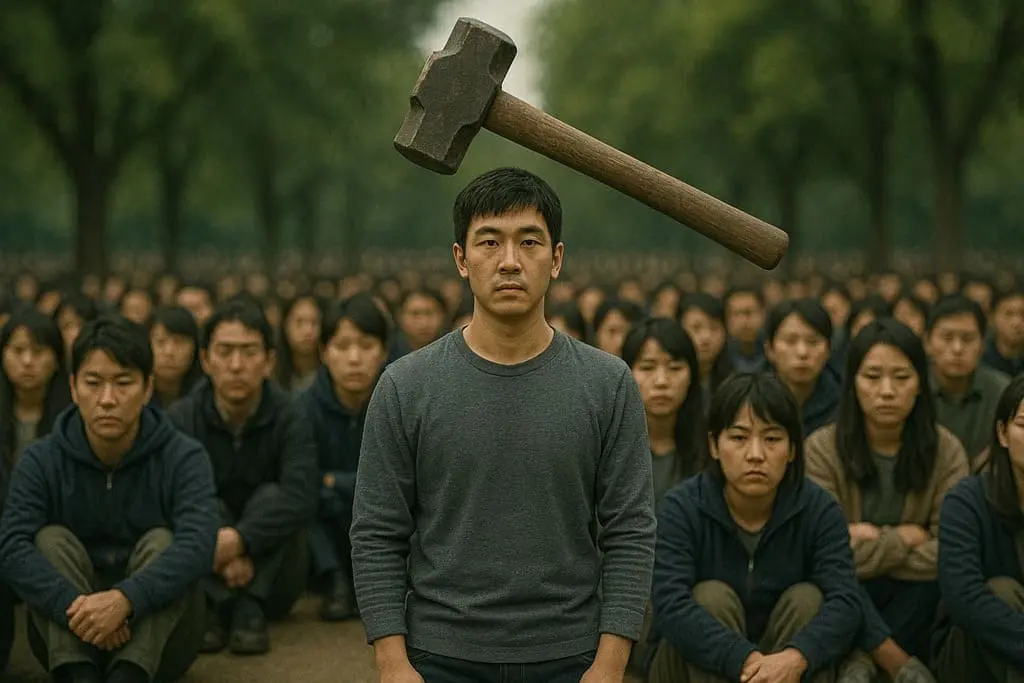
3. So, What Should You Actually Do?
In many Japanese hotels, you’ll find quiet little signs—never spelled out, but somehow clear—that suggest:
“At night, guests are expected to stay in.”
- The public bath closes at 10 PM
- Lobby lights are dimmed
- There are no outdoor slippers by the door
- The staff says “Good night,” but never “Have a fun evening”
Of course, none of this is a rule.
As we explored in the previous chapter, you’re completely free to go out if you want to.
And if you do, here are a few ways to make things a bit less awkward:
- Choose hotels with unmanned entrances or card-key access
You won’t have to pass the front desk every time you come and go, which can make things feel more relaxed. - At traditional ryokan, let the staff know in advance if you plan to head out
Not only is it polite—it might lead to a helpful tip or a quiet side exit. - Move quietly. Close the door gently.
You’re not required to—but this kind of behavior tends to come naturally in Japan.
That said, if I may:
Since you’ve come all the way to Japan,
why not spend a night inside the atmosphere for a change?
Many Japanese inns, especially ryokan, are designed around the idea that you’ll stay in your room for most of the evening.
Some offer full meals served privately in your room.
High-end ones may even have open-air baths built into each guest suite.
And if you’ll indulge me a personal note—
there’s a small pleasure I can’t help but recommend.
In most ryokan rooms, you’ll find a little space by the window called a hiroen.
From experience, I’d say at least 90% of rooms have one.
Just a tiny table and two chairs facing each other, often separated from the main room by sliding doors.
This kind of space doesn’t really exist in ordinary Japanese homes.
It’s something unique to the ryokan experience.
I absolutely love this little space.
Whenever I enter a ryokan room, it’s the first place I check.
Just imagining what to drink there at night, and how to unwind, makes the whole trip feel richer somehow.
It feels like a secret annex—quiet, self-contained, almost like a tiny world of its own.
A night away from the noise of city streets,
away from the version of yourself you put on at the bar—
and into quiet conversation with yourself, or with someone you care about.
Oddly enough, it’s nights like those that tend to stay with you the longest.
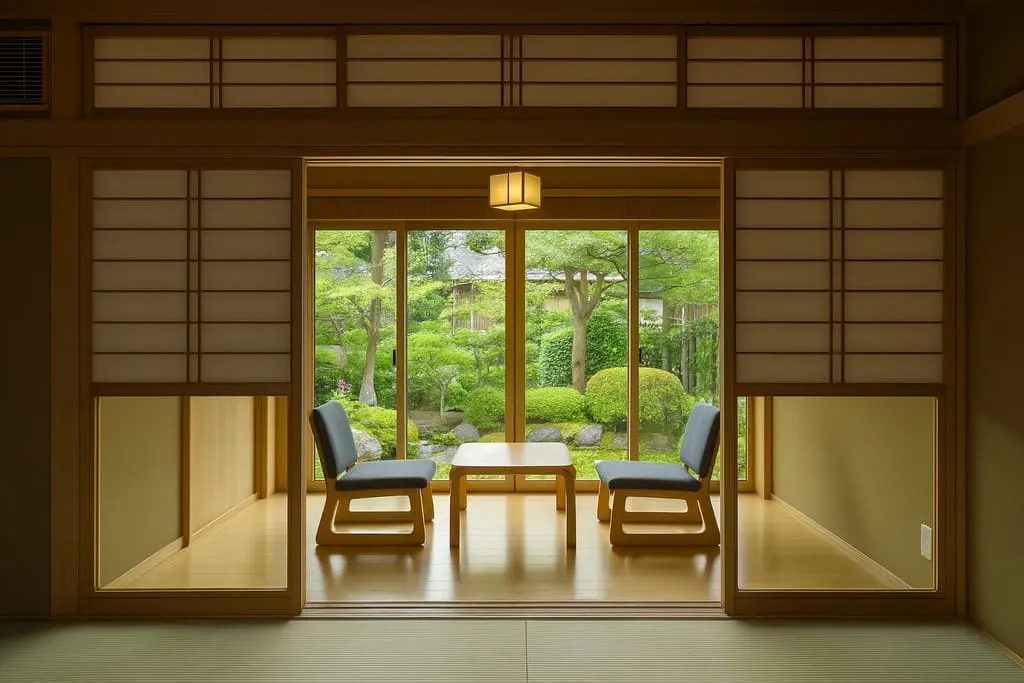
4. Final Thoughts
- It’s actually quite rare for Japanese accommodations to have a formal curfew.
- The reason people don’t go out is rooted in a cultural tendency to avoid standing out. Going out is usually not a problem.
- Ryokan offer plenty of ways to enjoy the night without stepping outside.
A night in Japan, far from home.
You might head out to explore the nightlife.
Or you might stay in—and find meaning in that, too.
It should go without saying, but let’s say it anyway:
A trip that has to be a certain way—
that kind of travel is best left to someone else.

